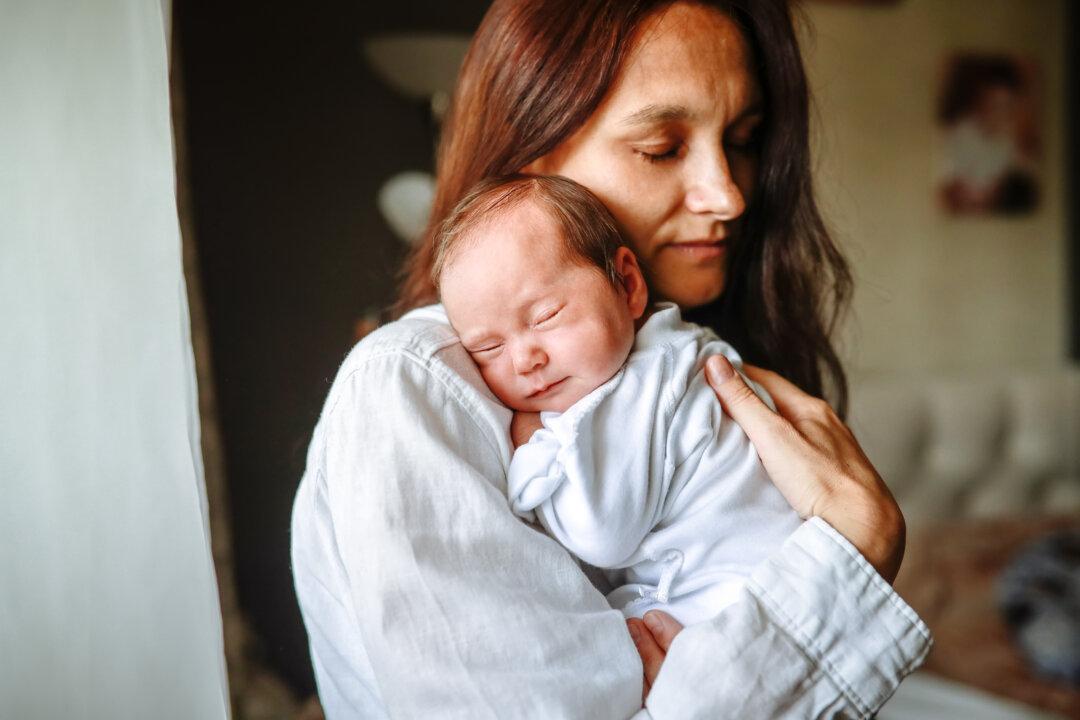While Christmas is a joyful time of the year, many of us dread the family gatherings. If your family is anything like mine, deep wounds and suppressed emotions surface during family festivities. Every year, tension inevitably invites itself to the party.
Whether it’s divisive comments about politics or religion, unsolicited advice, or a family member harping on how we raise our children, most of us have at least one relative who knows how to get under our skin. By the end of the gathering, we can feel defensive, inadequate and, quite frankly, picked on. Over the years, we may begin to anticipate these negative interactions, which can lead to dread instead of joy.






